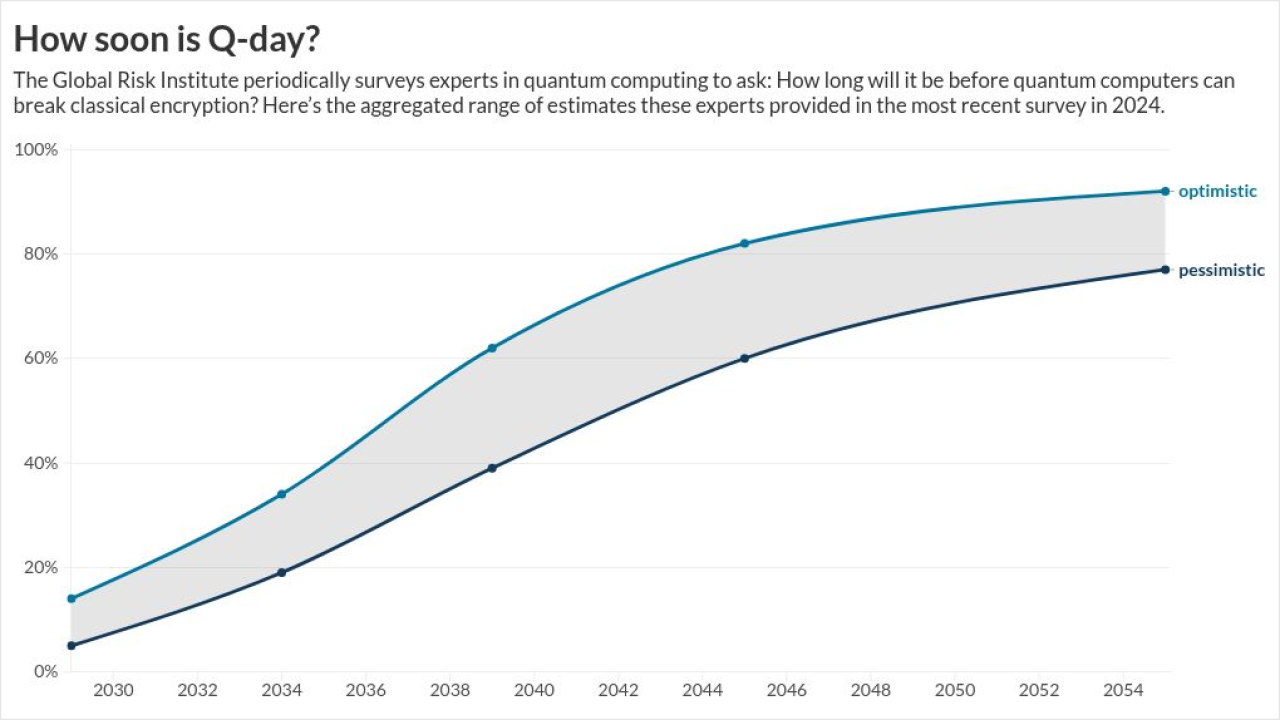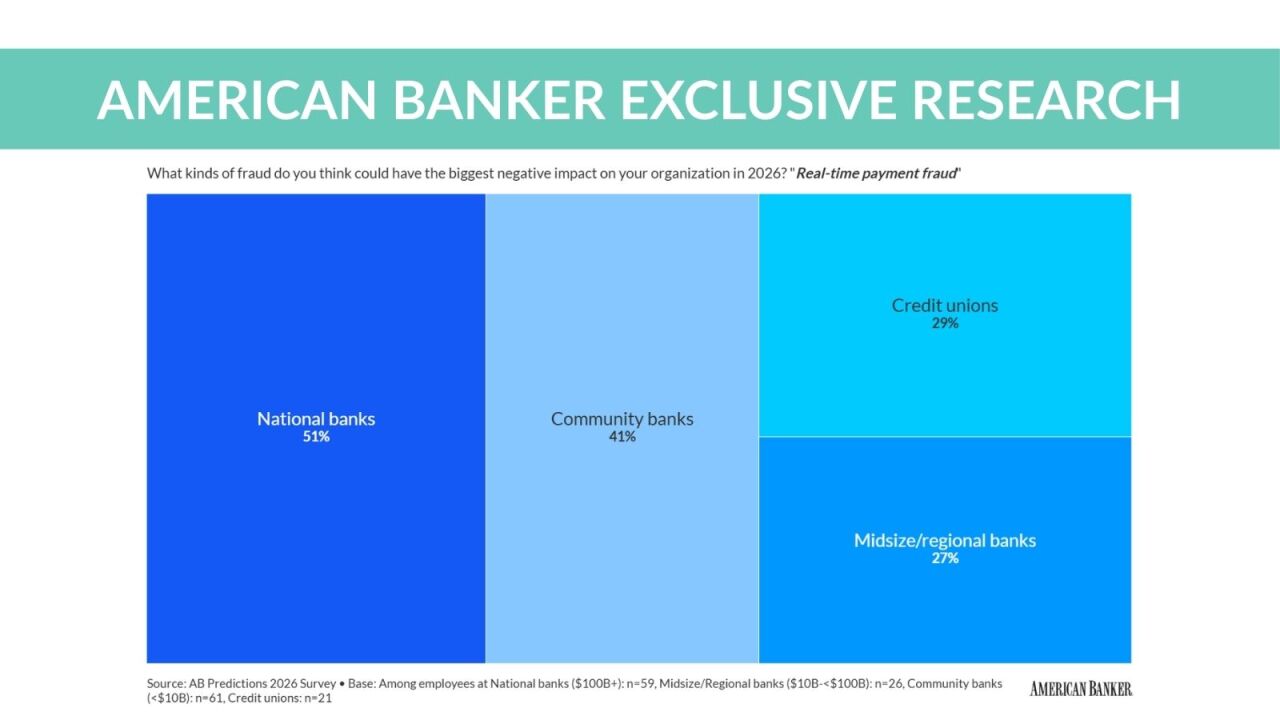Amid all the rancor over the Securities and Exchange Commission's rule implementing the Gramm-Leach-Bliley Act provisions that let banks conduct certain securities activities outside the SEC's watch, the consumer benefits of SEC regulation of securities activities through broker-dealers are being overlooked.
The Securities Industry Association has consistently advocated functional regulation. One set of rules should govern the same financial activity regardless of the entity conducting the activity. That principle was incorporated into GLB, which provided investors with the same protections wherever they purchase securities, while not disrupting traditional bank securities activities.
Under GLB, banks lose their general exemption from the broker-dealer registration requirements under the Securities Exchange Act of 1934. In place of the general exemption, the 1999 law establishes a series of exceptions for banks that engage in certain traditional bank activities involving securities transactions. A bank that engages in securities activities not covered by the GLB's exceptions will be required to shift those activities into an affiliated broker-dealer or to register the bank with the SEC as broker-dealer.
Bank securities activities - both before and after Gramm-Leach-Bliley - occur outside the bounds of the federal securities laws, which are aimed at protecting investors through full disclosure and preventing unfair practices in the securities markets. The securities laws also strive to promote fair competition.
Broker-dealer registration plays a significant role in securities regulation and means that people associated with a broker-dealer must pass a qualifications exam requiring substantive knowledge of the securities business. There are also continuing education requirements, and additional examinations on supervisory procedures for those in management. SEC and self-regulatory organization rules are also directed at sales practice abuses. People who have committed abuses may be barred from working in the industry or subject to conditions on their employment, such as closer supervision.
Bank securities activities are regulated under banking law, which although directed more at protecting depositors and the safety and soundness of banks, has provided an adequate framework for the regulation of bank securities activities. Federal and state banking agencies have diligently supervised these activities and examiners have reviewed banks for violations of securities guidelines. Trust and fiduciary area activities, which give consumers additional protections under state and federal trust and fiduciary law, have also been examined by bank regulators for compliance with fiduciary principles. The banking industry has gone further and required exams and continuing education for bank personnel involved in securities sales. Most importantly, the banking industry has done a commendable job of managing bank securities activities without a history of problems.
The SIA supported Gramm-Leach-Bliley and the provisions that permit banks to conduct securities activities outside of the securities laws. These provisions play an important role in bringing a wider array of financial products to consumers. The SEC's rule has raised serious issues for the bank affiliates of many of our firms, and the banking industry in general. Our concerns have focused primarily on the rule's impact on banks' maintaining networking agreements with third-party brokers. As a result, we are pleased that the SEC has expanded the comment period so that it can work further with the industry to revise the rule.
The SEC is not the first agency to be criticized for issuing rules that were overly restrictive. The Federal Reserve Board received similar criticism when it issued its rules governing the merchant banking activities of financial holding companies. Amid objections from the SIA and others, the Fed did a wholesale rewrite of those rules, which are still not perfect. In the debate over the rule, let's not forget the exemplary track record of the SEC in regulating our securities markets. We have confidence that the SEC's final rule will achieve the right balance in meeting its statutory mandate to protect investors and the need for banks to continue to pursue their traditional securities business as envisioned by Gramm-Leach-Bliley.
Mr. Sorcher is vice president and associate general council of the Securities Industry Association





